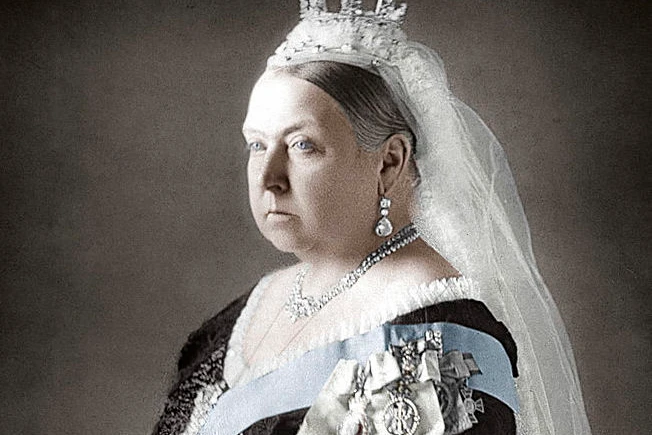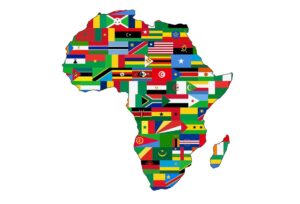The Dishonourables
How much do you really know about colonisation and about the influential European figures who denied African people their human rights during that era?
Here are highlights on some of the deplorables who have been written into history books (used to educate Africans) as heroes.



